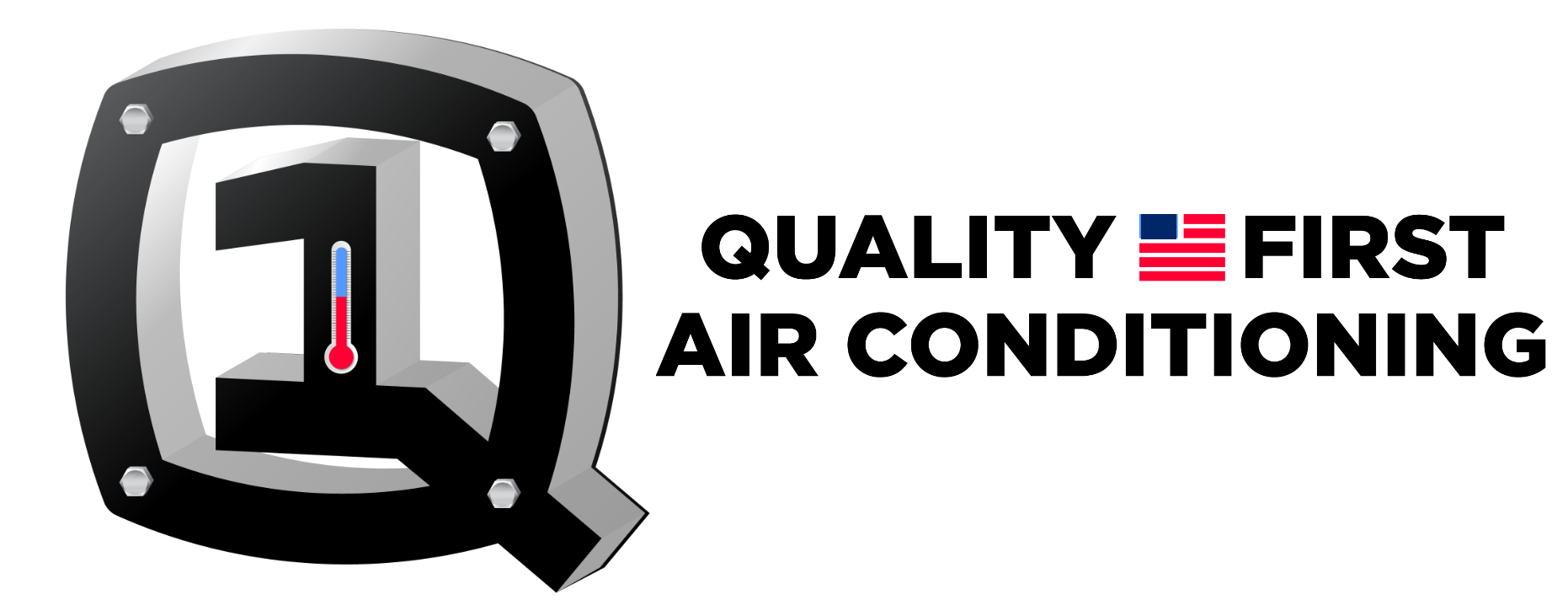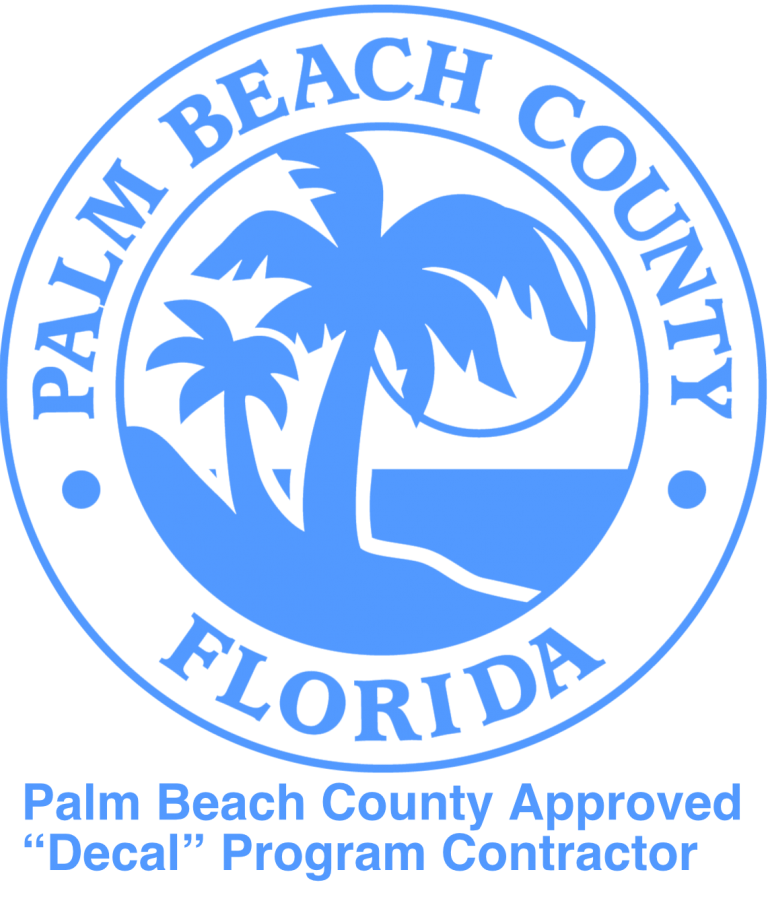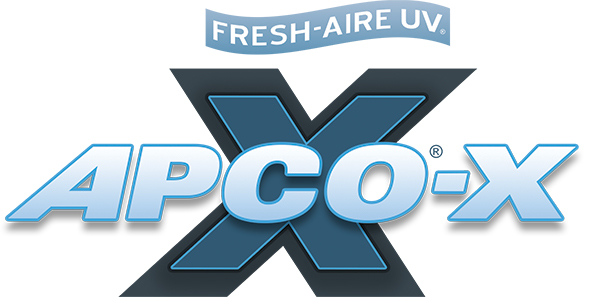In the realm of home maintenance, ensuring your AC system is in top shape is crucial. To assist you in this endeavor, we present an essential guide: the AC maintenance checklist. This comprehensive tool covers all the key steps, including regular HVAC maintenance, HVAC maintenance checklist, and advanced HVAC maintenance needs, to keep your air conditioning unit running smoothly and efficiently. By following this checklist regularly, you can prolong the lifespan of your AC, enhance its performance, and potentially save on energy costs through critical air conditioning maintenance tasks. Stay tuned as we delve into the specifics of maintaining your AC system like a pro.
Key Takeaways
-
Regular AC maintenance, including air conditioner service, is crucial for efficient and effective cooling in your home.
-
Start your AC maintenance by cleaning or replacing the air filter to ensure proper airflow.
-
Check and calibrate the thermostat to maintain accurate temperature settings and optimize energy usage.
-
Inspect electrical connections for any signs of damage or wear to prevent malfunctions or breakdowns.
-
Regularly check refrigerant levels and clean the coils to maintain proper cooling capacity and efficiency.
-
Take care of the outdoor unit by keeping it clean and free from debris to prevent airflow restrictions and system strain.
Understanding AC Maintenance

Importance of Regular Checks
Regular AC maintenance is crucial to prevent breakdowns and ensure optimal performance. By scheduling routine checks, you can identify and address issues before they escalate. This proactive approach can extend the lifespan of your AC unit significantly. Conducting regular inspections helps in avoiding costly repairs in the long run.
DIY vs Professional Tasks
It’s essential to differentiate between DIY maintenance tasks and those that require professional expertise. While simple tasks like cleaning or replacing air filters can be done by homeowners, handling refrigerant should be left to professionals due to safety concerns. For more complex electrical work or troubleshooting, it’s advisable to hire a qualified professional to ensure the job is done correctly and safely.
-
Pros of DIY Tasks:
-
Cost-effective
-
Convenient for minor maintenance
-
-
Cons of DIY Tasks:
-
Risk of improper handling
-
Limited expertise for complex issues
-
Maintenance Frequency
Following the manufacturer’s recommended maintenance schedule is essential for keeping your AC unit in top condition. Regular maintenance not only ensures optimal performance but also helps in detecting potential problems early on. Factors such as usage patterns and environmental conditions may influence the frequency of maintenance, so it’s crucial to adjust accordingly.
-
Factors Influencing Maintenance Frequency:
-
Usage patterns (daily, seasonal)
-
Environmental factors (dust, humidity)
-
Starting Your AC Maintenance
Inspecting Your Unit
Inspect the exterior of the AC unit for any visible damage. Look for signs of leaks or unusual sounds during operation. Check for debris around the unit that may obstruct airflow.
Safety Precautions
Always turn off the power before conducting maintenance. Wear appropriate safety gear like gloves and goggles. Keep children and pets away from the AC unit during maintenance.
Air Filter Replacement
Checking Frequency
Check air filters monthly to ensure they are not dirty or clogged, affecting your AC’s efficiency. Inspect the thermostat settings whenever the seasons change to optimize performance. Monitor refrigerant levels annually to prevent leaks and maintain proper cooling.
How to Replace
Turn off the AC unit before replacing air filters to avoid any accidents. Follow the manufacturer’s instructions carefully for the correct replacement procedure. Make sure the new filter matches the size and type recommended for your specific unit.
Thermostat Check
Monitoring Settings
Regularly check and adjust thermostat settings to ensure optimal comfort levels in your space. By monitoring and fine-tuning the temperature settings, you can create a pleasant indoor environment. This practice helps in maintaining energy efficiency by preventing unnecessary cooling.
-
Adjust the thermostat based on your comfort needs to ensure a cozy ambiance.
-
Utilize energy-saving settings to enhance the efficiency of your AC system.
-
Consider installing programmable thermostats for better control over temperature regulation. These devices enable you to schedule temperature adjustments according to your daily routine.
Optimizing Performance
Enhance your AC’s performance by focusing on key maintenance tasks related to the thermostat. By following these steps, you can ensure that your air conditioning system operates smoothly and efficiently throughout its lifespan.
-
Clean the evaporator coil regularly to improve the cooling efficiency of your AC unit. A clean coil facilitates proper heat transfer, allowing your system to cool the air effectively.
-
Maintain the outdoor condenser unit by cleaning it periodically. Remove any debris or vegetation around the unit to prevent airflow blockages, ensuring optimal performance.
-
Ensure that all vents and registers remain unblocked to promote balanced airflow within your home. Blocked vents can lead to uneven cooling and strain on your AC system.
Electrical Connections
Tightening Procedure
Tightening electrical connections is crucial to prevent malfunctions in your AC unit. Use the appropriate tools and follow safety precautions during this process. Check for any loose connections before restarting the AC to ensure optimal performance.
Safety Tips
-
Avoid touching refrigerant lines to prevent accidents and injuries.
-
Exercise caution when dealing with electrical components to avoid electric shocks.
-
Keep flammable materials at a safe distance from the AC unit to prevent potential fire hazards.
Refrigerant and Coils
Lines Inspection
Inspect refrigerant lines regularly to detect leaks or damage that can affect the HVAC system. Ice buildup on the lines indicates potential issues requiring professional attention. Address any abnormalities promptly to avoid further damage.
Cleaning Evaporator
Maintain efficient cooling by cleaning the evaporator coil periodically. Use a soft brush to eliminate dust and debris, ensuring optimal performance. For thorough maintenance, schedule professional cleaning to enhance HVAC efficiency.
Checking Coils
Regularly examine cooling coils for frost or ice accumulation, which can impede proper functioning. Clean the coils to prevent compressor overheating and ensure smooth operation. Look out for any corrosion or damage signs on the coils for timely repairs.
Outdoor Unit Care
Cleaning Steps
AC maintenance involves cleaning the outdoor unit regularly to ensure optimal performance. Follow a simple step-by-step guide to effectively clean your AC unit. Begin by using mild detergent and water to clean the exterior surfaces. Avoid using harsh chemicals that could potentially damage the unit.
Maintaining cleanliness is crucial for the efficient operation of your AC system. By regularly cleaning the outdoor unit, you can prevent dirt buildup and ensure proper airflow. This simple task can significantly extend the lifespan of your AC unit, saving you money on repairs in the long run.
Keeping Level
To avoid potential issues with your AC unit, it’s essential to ensure that it is properly leveled on the ground. Vibrations caused by an unlevel unit can lead to operational problems. Use leveling pads to stabilize the unit if necessary. Periodically check the unit’s level to prevent any issues from arising.
One key aspect of AC maintenance is maintaining the outdoor unit’s stability. A well-leveled AC unit not only functions efficiently but also reduces noise levels during operation. By keeping the unit level, you can enhance its overall performance and longevity.
Final Steps and Testing
Clearing Drain Line
Clear the condensate drain line to prevent clogs. Use a mixture of water and vinegar to flush out debris. Schedule professional maintenance for thorough drain line cleaning.
Ductwork Inspection
Inspect ductwork for leaks or blockages. Check for mold or dust accumulation in the ducts. Seal any leaks in the ductwork to improve efficiency.
Running Tests
Conduct airflow tests to ensure proper ventilation. Test the thermostat accuracy by comparing with room temperature. Run a full system test after completing maintenance tasks.
Scheduling Professional Maintenance
When to Call a Pro
Contact a professional for refrigerant refills and leak repairs. Seek help for complex electrical issues that may arise. If you notice unusual smells or sounds from the AC unit, call an HVAC technician promptly.
Annual Service Tips
Schedule annual maintenance with an HVAC professional to ensure optimal performance. Discuss any concerns or issues with the technician during service for proper resolution. Keep a record of maintenance dates and tasks for future reference.
Summary
You’ve now learned how crucial regular AC maintenance is to ensure your system runs efficiently and lasts longer. By following the steps outlined in this guide, you can save on energy costs, prevent breakdowns, and enjoy optimal indoor comfort. Remember, a well-maintained AC not only keeps you cool but also improves indoor air quality and reduces the risk of costly repairs.
Don’t wait until it’s too late; incorporate these maintenance tasks into your routine to keep your AC system in top shape. Regular upkeep not only extends the lifespan of your unit but also enhances its performance, saving you money in the long run. Stay proactive with your AC maintenance to enjoy uninterrupted comfort throughout the year.
Frequently Asked Questions
How often should I replace my air filter?
It is recommended to replace your air filter every 1 to 3 months, depending on usage and the manufacturer’s guidelines. A clean air filter ensures efficient airflow, improves indoor air quality, and helps your AC system operate smoothly.
Why is checking the thermostat important in AC maintenance?
Checking the thermostat ensures it is set correctly for optimal cooling and energy efficiency. Verify that the temperature settings are accurate and consider upgrading to a programmable thermostat for better control over your AC system.
What are the risks of neglecting electrical connection checks during AC maintenance?
Neglecting electrical connection checks can lead to safety hazards such as short circuits or electrical fires. Regularly inspecting and tightening connections helps prevent malfunctions, improves system performance, and extends the lifespan of your AC unit.
How does refrigerant and coil maintenance benefit my AC system?
Proper refrigerant levels and clean coils are essential for efficient cooling. Maintaining these components ensures optimal performance, prevents system breakdowns, reduces energy consumption, and prolongs the life of your air conditioner.
Is professional maintenance necessary if I perform regular DIY AC maintenance?
While DIY maintenance is beneficial, professional maintenance is crucial for in-depth inspections, tune-ups, and identifying potential issues early on. Scheduling annual professional maintenance helps maintain warranty coverage, ensures thorough servicing, and keeps your AC system running efficiently.


























